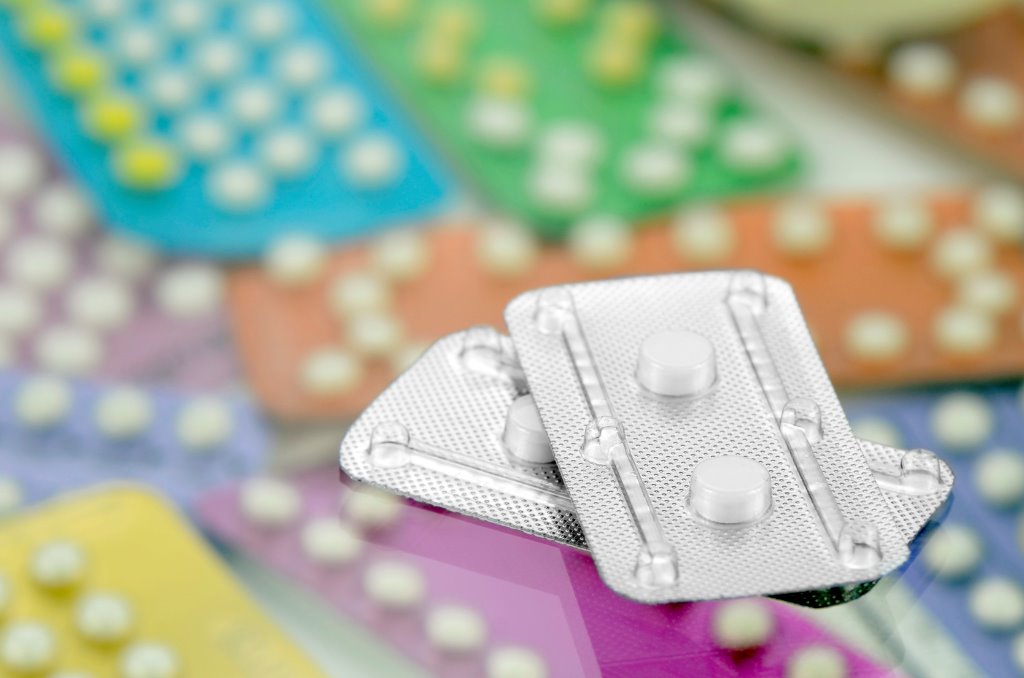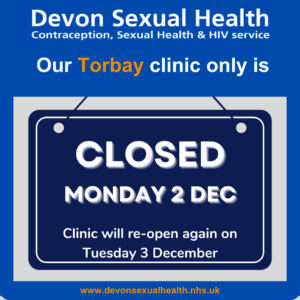Emergency contraception
posted by: Jonathan Shaw
Did you know that you can still get pregnant even if you took emergency contraception?
Who should take emergency contraception (EC)?
Females who do not wish to conceive should use emergency contraception (or the morning after pill as it used to be called) after unprotected sex that has taken place on any day of a natural menstrual cycle. This is also the case if their regular contraception has been compromised or used incorrectly.
What types of emergency contraception are available?
Tablets
There are two different types of tablets which are designed to stop or delay you releasing an egg (ovulating).
IUD
There is also a Copper IntraUterine Device (IUD) which is the most effective method in preventing against pregnancy (more than 99% effective).
You should always get an emergency contraception tablet even if you are hoping to have the IUD in case the IUD cannot be fitted.
How soon should you get emergency contraception?
As soon as possible!
You should get emergency contraception as soon as you realise there has been a risk of pregnancy. The longer you leave it, the less likely the tablet is going to work and you may not be suitable for an IUD.
Does emergency contraception always work?
There is no absolute guarantee that taking emergency contraception will work. It depends on where you are in your natural cycle (if you are not taking any hormonal contraception) and the length of time after sex.
If you are about to ovulate, or have just ovulated, then the tablets are not going to work.
It’s important to remember that you can still get pregnant if you have taken emergency contraception tablets and then gone on to have further unprotected sexual intercourse later in the cycle.
You can find advice and guidance on pregnancy and your options here.
How to protect against further risks of pregnancy
We give out the most emergency contraception to people using the “withdrawal method” or incorrectly using a condom.
You can find guidance about how to correctly use a condom here.
The best way to protect against pregnancy is to use a reliable method of contraception. If you think that you may forget to take a contraceptive pill then you could consider a long acting reversible form of contraception such as the coil or implant. There are lots of choices available and we consider the advantages and disadvantages here.
Crossing your fingers and hoping for the best is not going to prevent a pregnancy.

Trending Now
- Taking ‘the pill’. A different approach to make this method work best for you
- The “male contraceptive”
- Does contraception affect fertility?
- Updated blood pressure readings if you are taking combined hormonal contraception
- Mpox vaccines are now available
- HPV Vaccine for Boys. We answer your questions.
- Does using contraception make you put on weight?
- Does it hurt to have an IUC (coil) fitted?
- Bank holiday opening information
- NHS Launches New Online Site Finder for Monkeypox Vaccines

Bank holiday opening information
All Devon Sexual Health clinics are closed on bank holidays. When our clinics are closed, Emergency contraception (the morning-after-pill) is also […]

Easter opening times for sexual health clinics
Please note all sexual health clinics will be closed from Friday 18 April to Monday 21 April, and will re-open […]

Mpox vaccines are now available
From Jan 2025, Devon Sexual Health will be working with the Royal Devon University Healthcare NHS Foundation Trust’s vaccination team […]

Torbay clinic will be closed on Monday 2 December
To facilitate the implementation of a new electronic patient record system (EPR), our Torbay clinic only will be closed on […]
